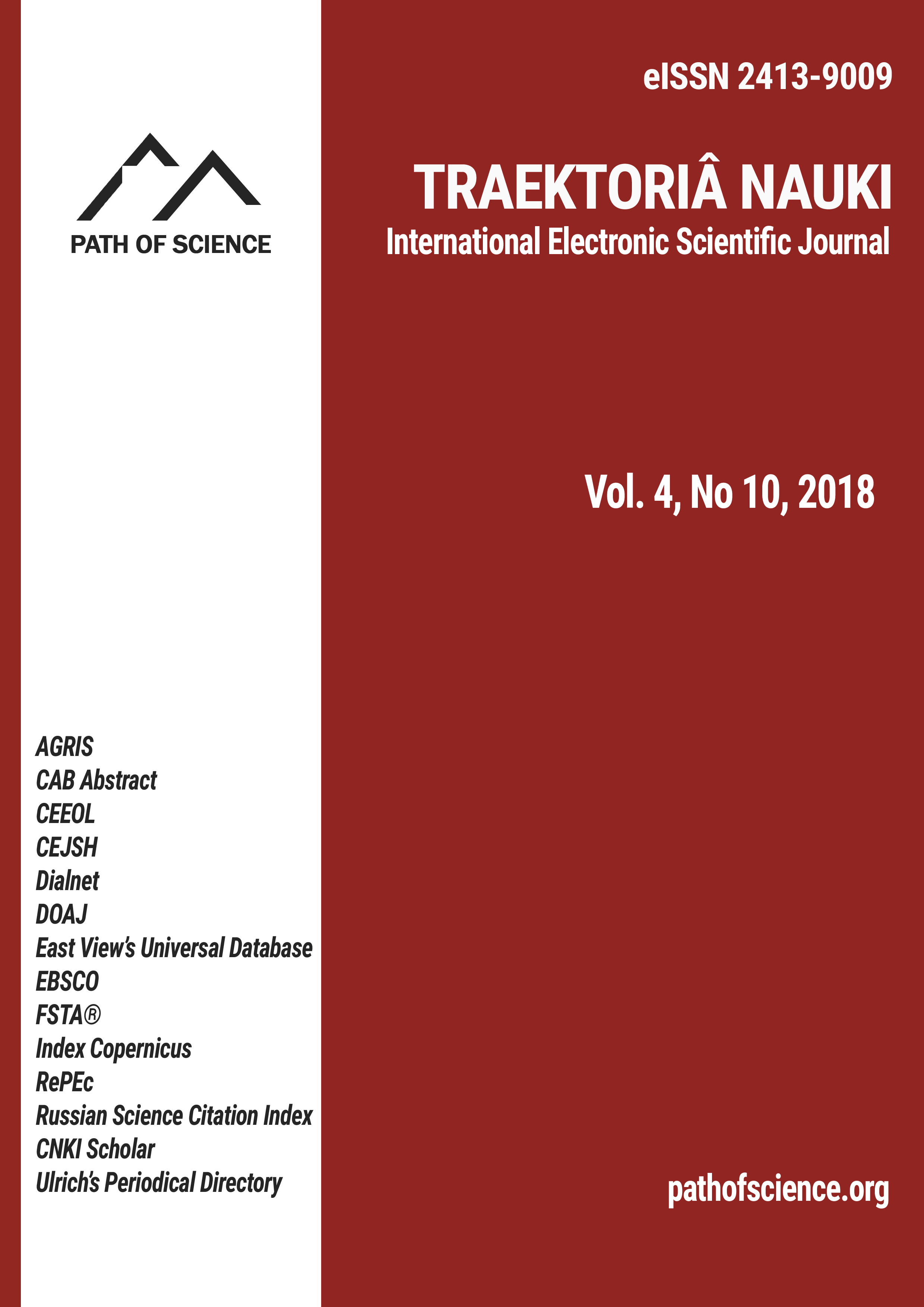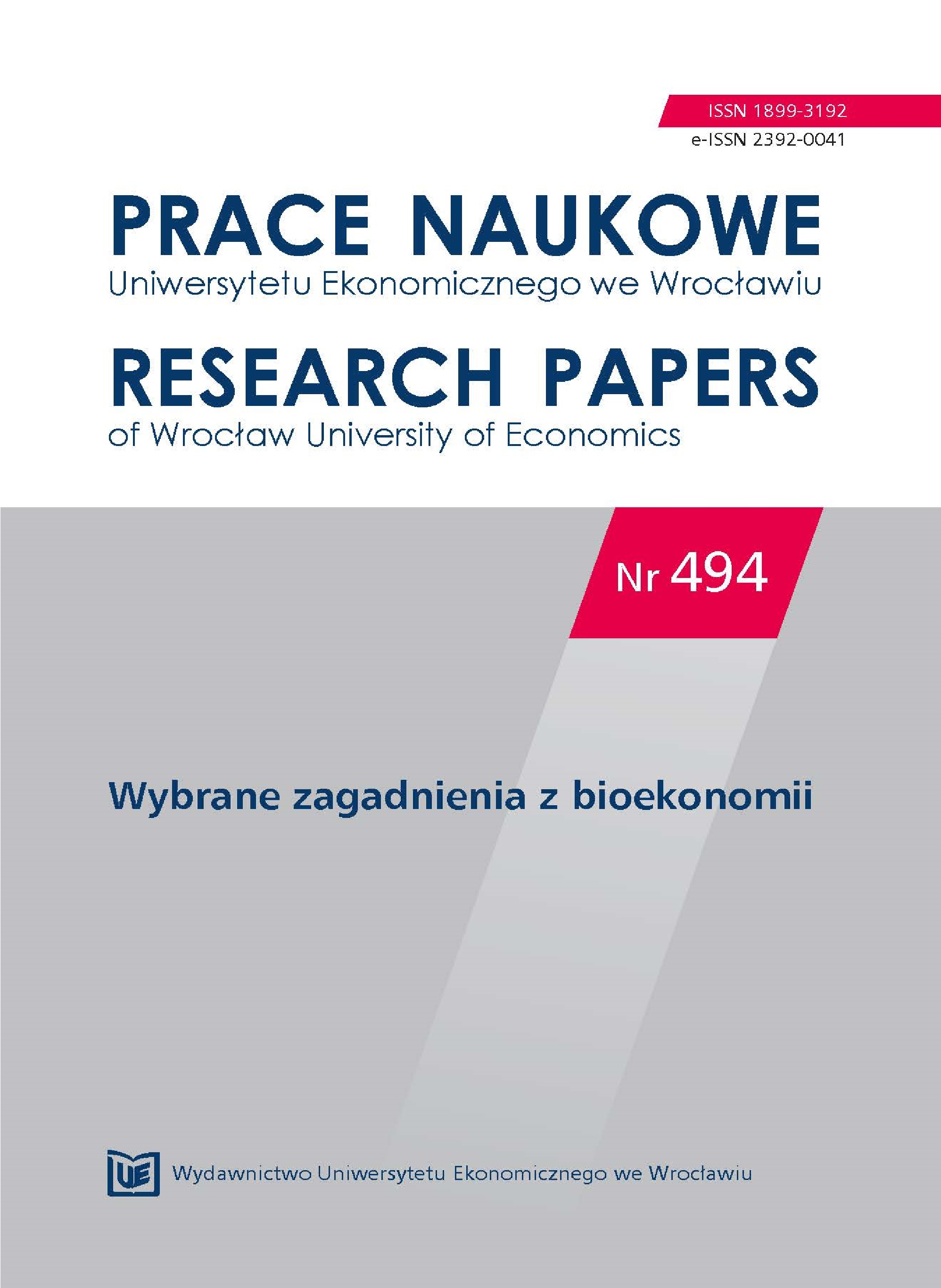
Spektrum ekologiczno-siedliskowe flory naczyniowej zwałowiska odpadów pogórniczych „Ruda” w Zabrzu-Biskupicach
The vascular flora of “Ruda” heap includes 164 plant species, belonging to 38 families and represents an intermediate stadium between the initial and transitory stage of spontaneous succession of vegetation. The studied flora is dominated by native (73.8%), annual (20.1%) and perennial (50.6%), ruderal (40.2%) and meadow (17.7%) species with a higher competitive capacity (48.2%), which are spread on the way of anemo- (75.6%), zoo- (15.2%) and autochory (7.3%). In terms of habitat requirements, the highest participation of flora of “Ruda” heap have photophilous (L7-8 65.2%) and mesophilic (F4-6 65.2%) species, strongly differentiated with regard to trophic preferences, thermoneutral (T5-6 58.5%) and eurythermic (Tx 31.1%), with a wide range of tolerance to soil reaction (Rx 39.0%) and alkaline (R7-8 34.1%). The limiting factor in the development of the plant cover is a highly skeletal soil substrate (D3.5-4 57.9%).
More...
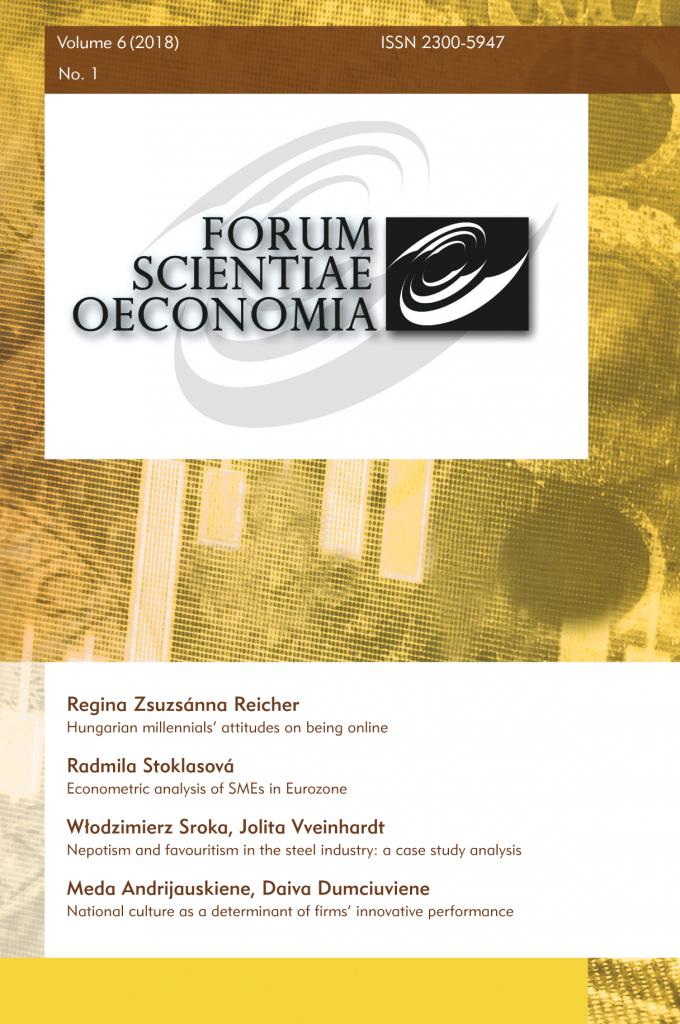
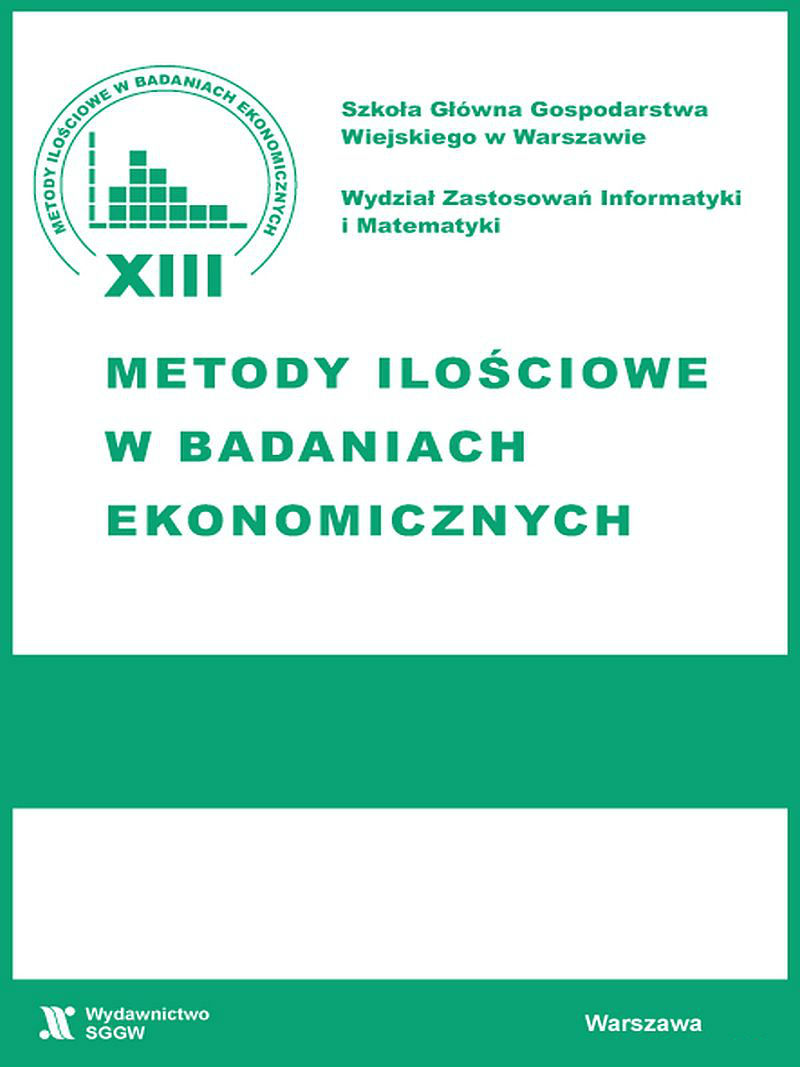
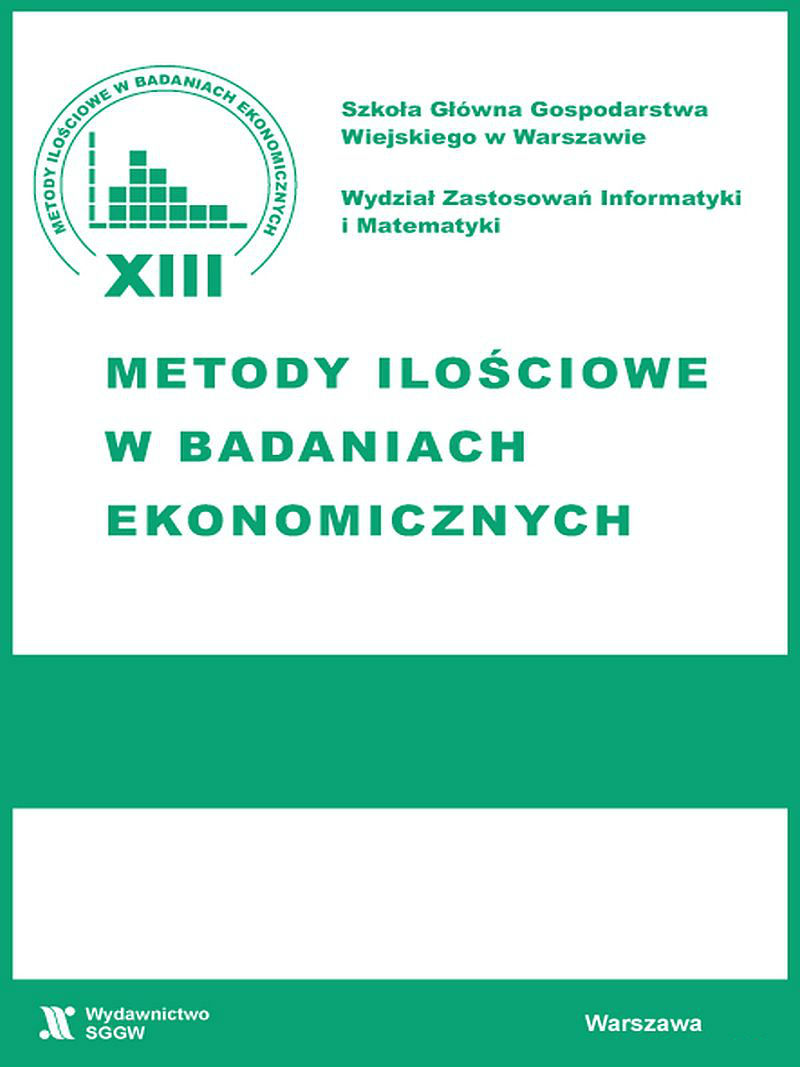
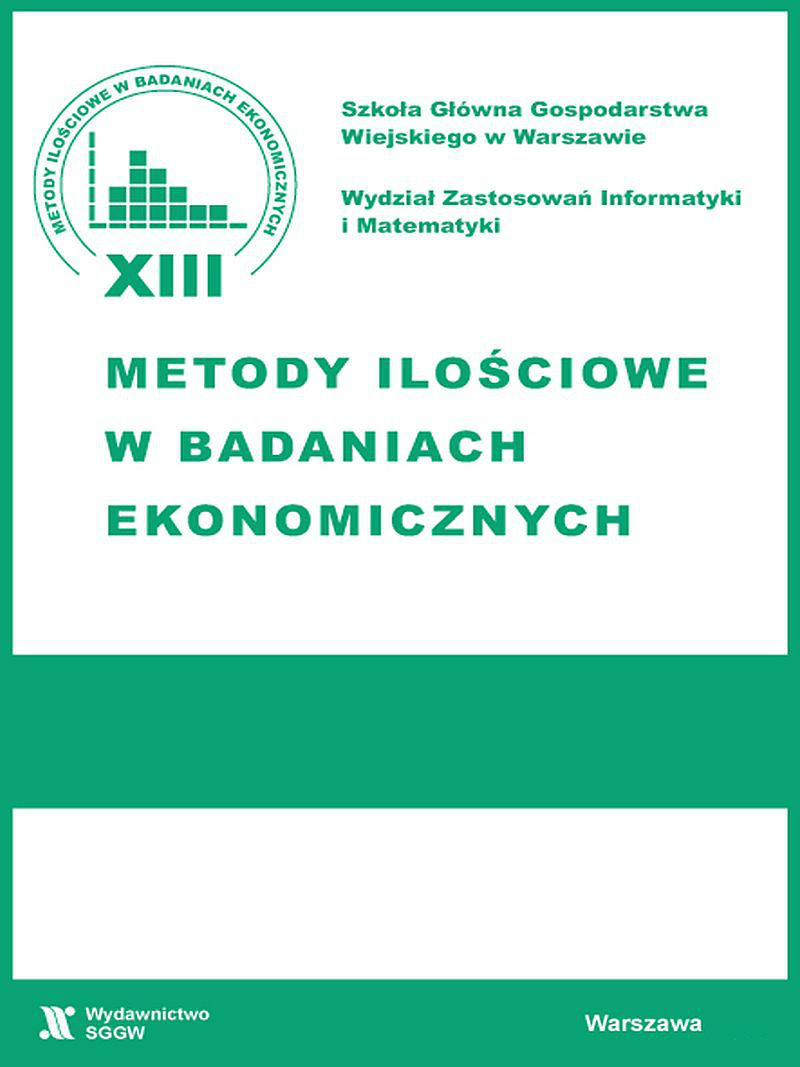
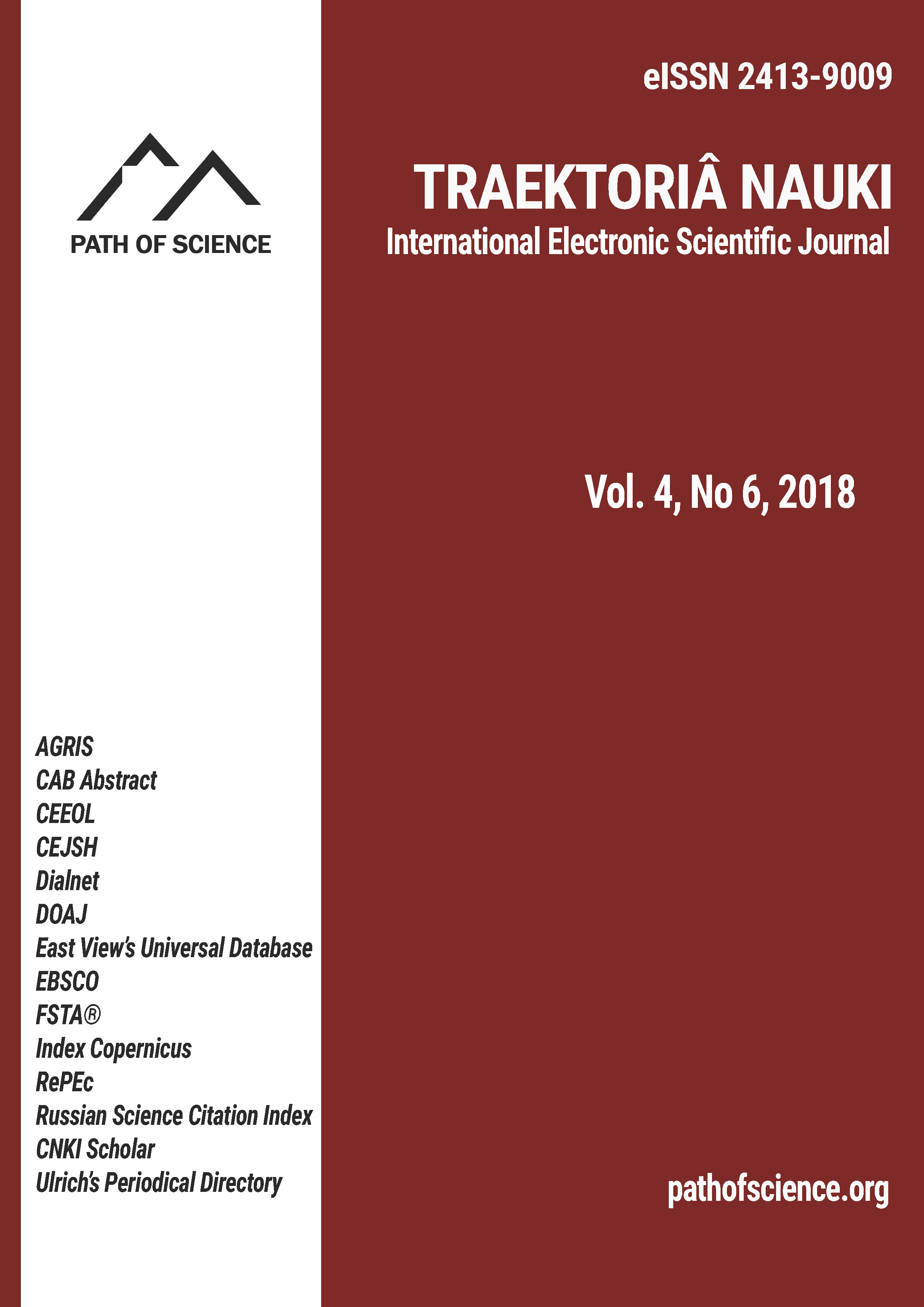
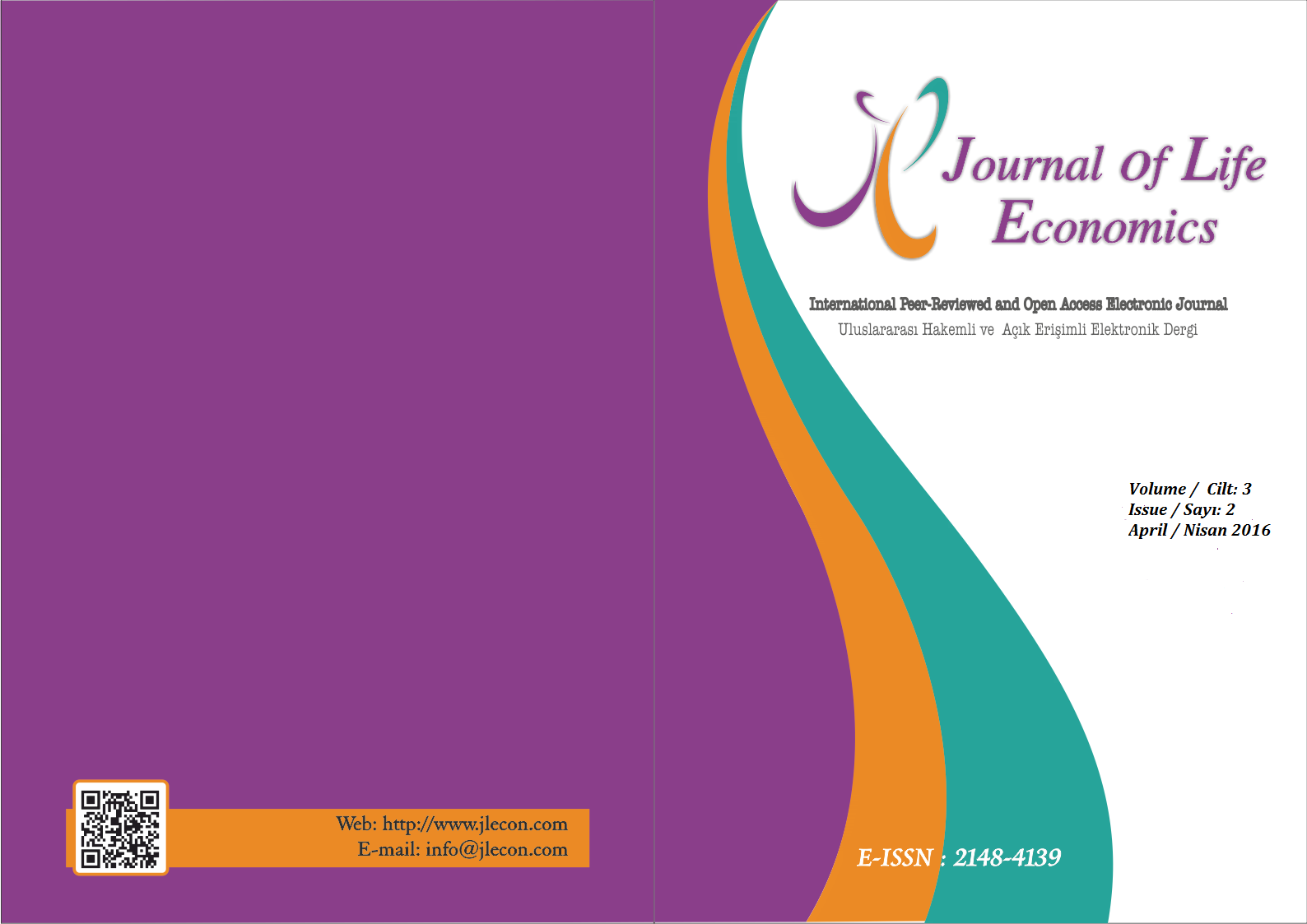
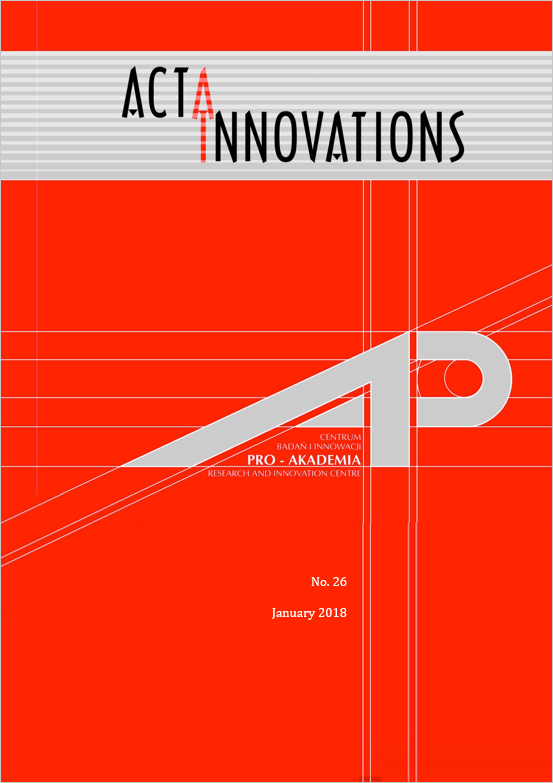
![TRENDS IN ANIMAL PRODUCTION FROM ORGANIC FARMING [REVIEW]](/api/image/getissuecoverimage?id=picture_2018_43493.png)
